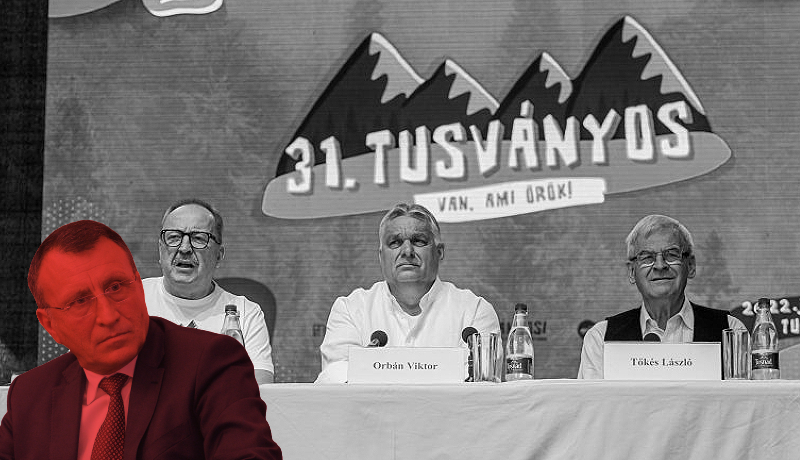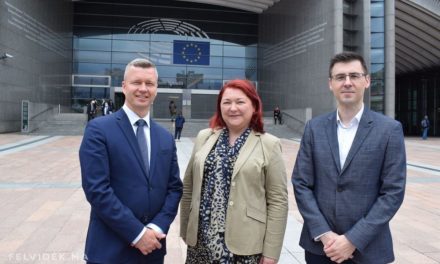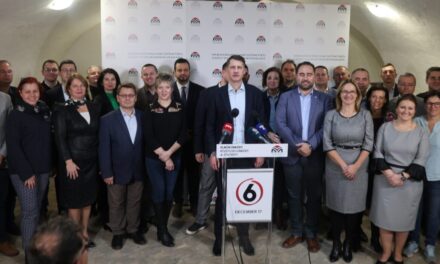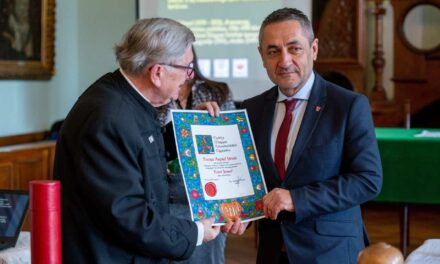According to the Secretary General of the PSD, Romania is not a stage for the Hungarian government's anti-European and pro-Russian messages.
Viktor Orbán's speech understandably knocked out the safeguards, and not only in Brussels or in the circles of the national defenders, but also in the ranks of the Romanian political elite.
Paul Stănescu, Secretary General of the PSD, was the first to seize the right to speak .
He begins by saying that there is a Hungarian proverb that says stretch as long as your blanket lasts. According to Mr. Stănescu, the Hungarian leaders should also know this saying (well, if a Romanian politician also cuts it from the wrist), who go to Tusnádfürdő every year. But lately, especially last week
the proverbial Hungarian wisdom was missing from the code of conduct of Hungarian politicians,
especially in the context that they were guests in the territory of another country.
After the instructive introduction comes the big sledgehammer: Romania is not a podium for anti-European and pro-Russian messages, as Viktor Orbán and members of the Hungarian government know this. If they want to criticize the joint efforts of the EU and NATO, if they want to make visionary statements about the Russian aggression in Ukraine, let them do it in the territory of Hungary, where they do what they want. On the territory of another country, however, these statements are inappropriate.
Mr. Stănescu continues by saying
Romania has no need for such toxic interventions,
when the country's position is clear in terms of strengthening and supporting the European project. Let no one say that the EU has lost this war, because such a statement is unnecessary, superficial and discredited, especially when the speaker is speaking on behalf of a state that is politically isolated in the EU.
And if he already turned on the education machine, the PSD general secretary also touched on the sports scandals in Székelyföld that took place last week (see, for example, here , here or here ). He stated:
it cannot be tolerated that sport becomes an advertising tool for ethnic-based autonomy
in areas inhabited by the Hungarian minority. Instead of sport being a means of competition, unity and Hungarian-Romanian understanding, it became the prey of political goals. The government coalition must urgently discuss the diversion of sports activities in this sense.
And then at the end comes the thought that arises as a Pavlovian reflex in the mind of every Romanian politician in similar cases: Mr. Stănescu reminds anyone (who may still have doubts) that ethnic-based autonomy is unacceptable, unconstitutional, and that the unity and indivisibility of Romania is sacred.
Featured image: Székelyhon, zf.ro












